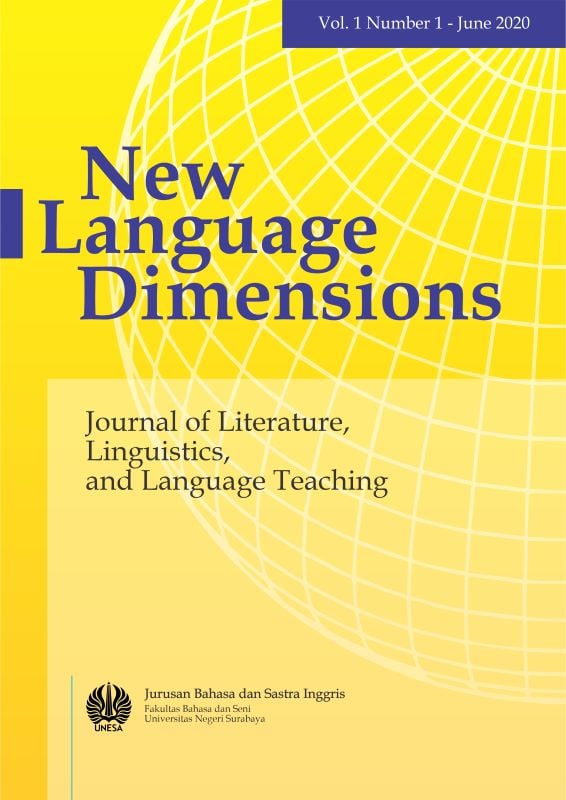Presenting Vocabulary Sessions to Improve the English Competence Skills for Students of First Level in Senior High
DOI:
https://doi.org/10.26740/nld.v1n1.p34-39Abstract
Implementing the National Curriculum in learning activities for students of the first level of senior high, researcher observed the score of the Integrated Four English Skills; Listening, Speaking, Reading, and Writing. Even though has been revised for the third time since has been applied in 2013, the result of the authentic assessments series shows the problems of performing the skills still block the maximum competence during the early semester because of the lack capacity of Mental Lexicon. Because of uinadequate vocabulary, some of the students use Bahasa Indonesia to answer the English questions (writtenly or orally) while others write with misword choice, or give no responses. The next steps of the research leads to the importance of vocabulary and this work will try to present some sessions for presenting them to support the compulsory students and teachers textbooks which actually have been provided in line with the syllabi.
Keywords” achievement in four skills, lack of vocabularies, presenting vocabulary sessions.
Downloads
References
Downloads
Published
Issue
Section
 Abstract views: 370
,
Abstract views: 370
, PDF Downloads: 319
PDF Downloads: 319











